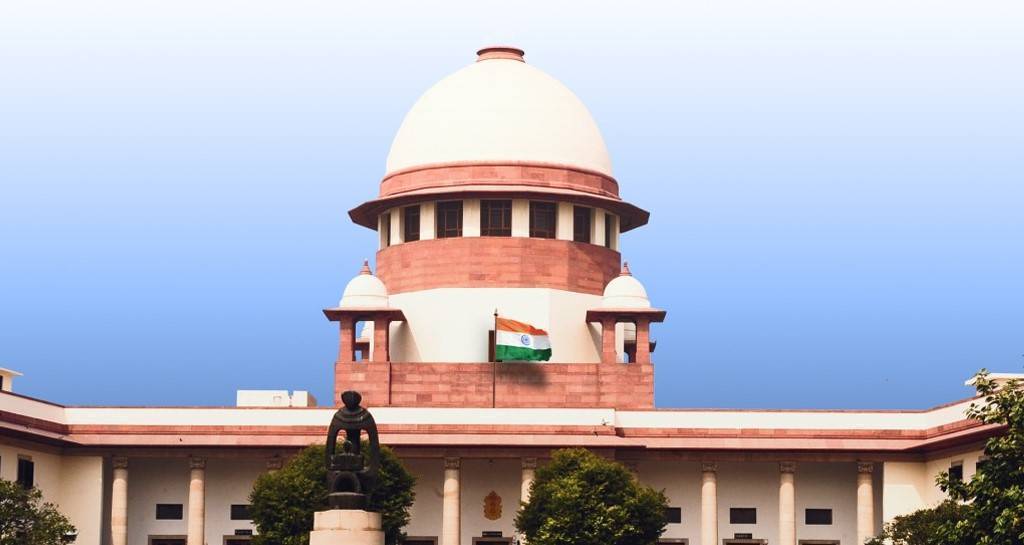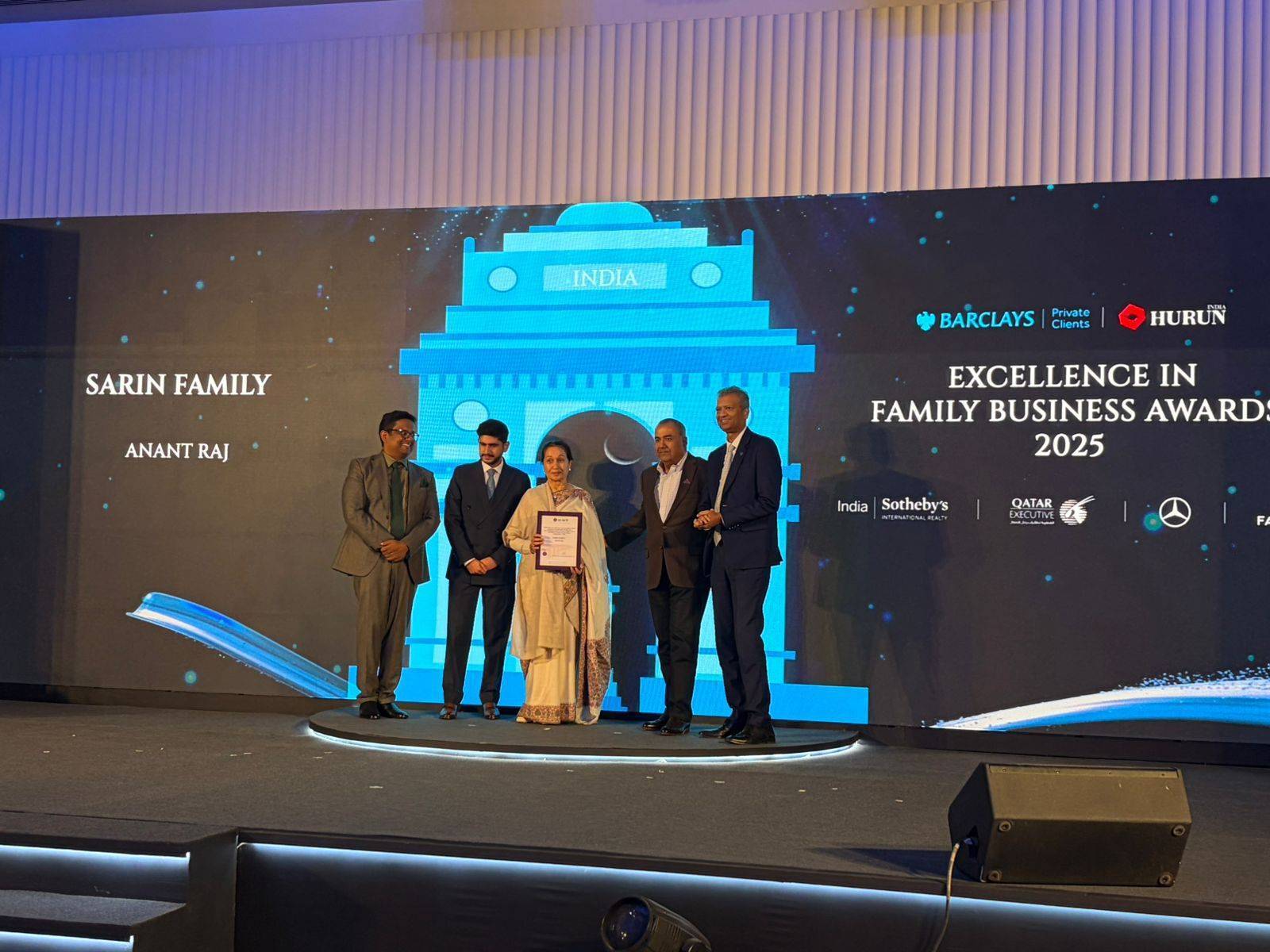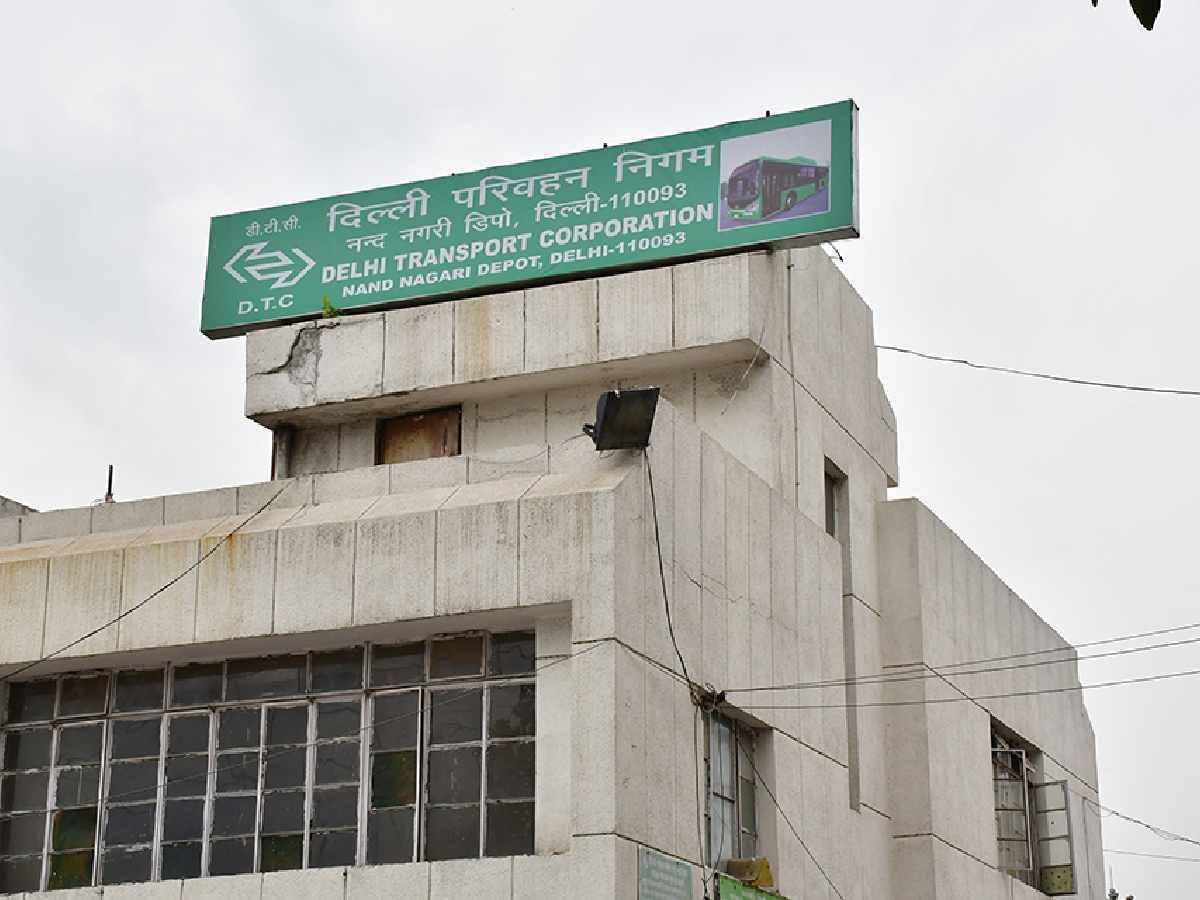The Supreme Court of India granted an exemption to various Unitech housing projects from mandatory registration under the Real Estate (Regulation and Development) Act (RERA), 2016. This decision provides relief to thousands of home buyers who have been facing delays in the possession of their homes. The exemption is also expected to facilitate the disbursal of stalled loans, which have been pending for several years, allowing the completion of these projects and the resolution of long-standing issues.
The Background of Unitech's Financial Crisis
Unitech Ltd. was once one of India's leading real estate developers, known for its residential and commercial projects. However, in the past decade, the company has faced a series of financial and legal troubles. These included severe delays in project completion, mismanagement, and insolvency issues. As a result, many home buyers who had invested in Unitech projects found themselves in a difficult situation, with their homes still incomplete and their investments at risk.
The company’s inability to deliver projects led to the classification of several home buyers’ loans as Non-Performing Assets (NPAs) by banks and financial institutions. This financial crisis not only affected the company’s operations but also left buyers stranded, unable to receive possession of their properties despite making significant payments. In 2020, a government-appointed board took control of Unitech, aiming to restore order to the company’s operations and address the needs of the home buyers.
Exemption from RERA: A Key Decision
Under RERA, real estate projects that cover more than 500 square meters or consist of more than eight apartments must register with the regulatory authority. This registration ensures that builders meet their obligations and that home buyers have legal recourse if projects are delayed or abandoned. However, the delays in Unitech’s projects, coupled with the company’s ongoing financial difficulties, made it difficult to comply with RERA’s procedural requirements.
The Supreme Court, recognizing the complex situation, granted an exemption for all ongoing Unitech projects from the requirement to register under RERA. The court's decision was based on the need to expedite the completion of these projects and resolve the outstanding issues without additional delays caused by regulatory processes. By exempting Unitech’s projects from RERA registration, the court aimed to clear the path for the release of stalled loans and allow financial institutions to resume disbursements that had been withheld due to project delays.
Release of Stalled Loans
A central issue in the case was the disbursal of loans that had been put on hold as the projects stagnated. The Supreme Court directed banks and financial institutions to release the remaining loan amounts to the home buyers, many of whom had already made substantial payments—sometimes up to 70%—but had not been able to complete the payment due to the delay in construction. The court’s decision to allow the resumption of loan disbursements was a critical move to ensure that home buyers could finish paying for their properties and eventually take possession of them.
The exemption from RERA registration removes a significant bureaucratic hurdle that had been preventing financial institutions from releasing the funds. As a result, home buyers who were once stuck in a prolonged waiting period are now hopeful that their projects will move forward to completion.
Directions to State Authorities for Project Completion
Alongside the exemption from RERA registration, the Supreme Court also issued specific directions to the state authorities involved with Unitech’s projects. In particular, the Noida administration, where many of Unitech’s residential projects are located, was instructed to ensure that the required approvals for construction were granted promptly. The court directed that environmental clearances, which had been delayed, should be expedited, and any remaining issues regarding project approvals should be resolved quickly.
Moreover, the Supreme Court instructed the Uttar Pradesh government to deploy police forces to safeguard Unitech’s project sites in Noida, as previous disputes and encroachments had caused further delays. By ensuring that construction could proceed without interruptions from local encroachments or disputes, the court aimed to restore confidence in the completion of these projects.
A Larger Impact on the Real Estate Sector
The Supreme Court's ruling is not just a victory for Unitech’s home buyers but also a significant development for the real estate sector in India. Unresolved issues of project delays and stalled financial disbursements have affected thousands of home buyers across the country, not just those involved with Unitech. By intervening in this case, the court has reinforced the importance of timely intervention to protect the interests of consumers and promote accountability within the industry.
This ruling also highlights the need for a streamlined process in handling delayed real estate projects. The Supreme Court’s decision shows that, in cases where projects face insurmountable obstacles due to financial or legal reasons, exemptions from procedural requirements like RERA can be an effective solution to expedite completion and protect the interests of home buyers. In many ways, this ruling sets a precedent for similar cases where regulatory hurdles may be hindering the timely delivery of homes.
Addressing Financial Irregularities and Ensuring Accountability
The issue of financial mismanagement has been a major factor in Unitech's troubles. A forensic audit of the company’s finances revealed that large sums of money from home buyers and financial institutions had been misused or diverted. The audit found that over ₹5,000 crore of homebuyers’ funds and ₹763 crore from financial institutions were not properly allocated to the completion of the projects. These funds were allegedly moved to offshore accounts in tax havens between 2007 and 2010, leading to further scrutiny under the Prevention of Money Laundering Act (PMLA).
While the Supreme Court’s primary focus was on expediting the completion of the projects, it has also ordered investigations into these financial irregularities. This investigation is crucial in holding the promoters of Unitech accountable for the misuse of funds and ensuring that the financial system is not exploited for personal gain.
The Supreme Court’s decision to exempt Unitech housing projects from RERA registration marks a crucial turning point for the thousands of home buyers who have been waiting for years to take possession of their homes. With the resumption of stalled loan disbursements, the completion of projects is now more likely, offering much-needed relief to those who had invested their savings into these properties.
Image source- sci.gov.in









.png)